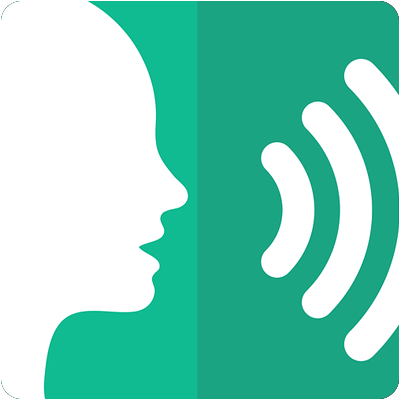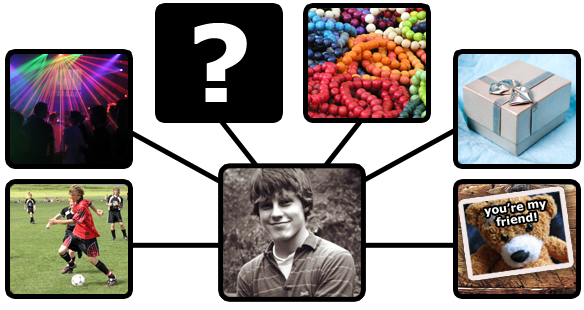Het arrangement To friend or unfriend? h45 is gemaakt met Wikiwijs van Kennisnet. Wikiwijs is hét onderwijsplatform waar je leermiddelen zoekt, maakt en deelt.
- Auteur
- Laatst gewijzigd
- 2025-05-11 19:52:21
- Licentie
-
Dit lesmateriaal is gepubliceerd onder de Creative Commons Naamsvermelding-GelijkDelen 4.0 Internationale licentie. Dit houdt in dat je onder de voorwaarde van naamsvermelding en publicatie onder dezelfde licentie vrij bent om:
- het werk te delen - te kopiëren, te verspreiden en door te geven via elk medium of bestandsformaat
- het werk te bewerken - te remixen, te veranderen en afgeleide werken te maken
- voor alle doeleinden, inclusief commerciële doeleinden.
Meer informatie over de CC Naamsvermelding-GelijkDelen 4.0 Internationale licentie.
Aanvullende informatie over dit lesmateriaal
Van dit lesmateriaal is de volgende aanvullende informatie beschikbaar:
- Toelichting
- Deze les valt onder de arrangeerbare leerlijn van de Stercollectie voor Engels voor havo, leerjaar 4 en 5. Dit is thema 'Love, friendship and relationships'. Het onderwerp van deze les is: To friend or unfriend? In deze les staan vriendschappen centraal. Er wordt aanbesteed aan wat vrienden zijn, wat kwaliteiten van een vriend zijn en belangrijke zaken zijn bij vriendschappen. Daarbij wordt ook aandacht besteedt aan (ont)vrienden op social media. De grammaticaopdracht gaat over de simple present.
- Leerniveau
- HAVO 4; HAVO 5;
- Leerinhoud en doelen
- Engels;
- Eindgebruiker
- leerling/student
- Moeilijkheidsgraad
- gemiddeld
- Studiebelasting
- 4 uur 0 minuten
- Trefwoorden
- arrangeerbaar, belang van vriendschappen, echte vrienden, engels, h45, ontvrienden, simple present, social media, stercollectie, to friend or unfriend?

 The subject of this lesson is 'to friend or unfriend'.
The subject of this lesson is 'to friend or unfriend'.

 Speaking
Speaking
 Words
Words

 Thoughts about friends and friendships
Thoughts about friends and friendships
 So it’s National Unfriend Day and let’s be honest, we all have a few questionable “friends” on Facebook.
So it’s National Unfriend Day and let’s be honest, we all have a few questionable “friends” on Facebook. Speaking
Speaking What types of posts annoy you on social media?
What types of posts annoy you on social media? Word formation: prefixes
Word formation: prefixes Grammar
Grammar



